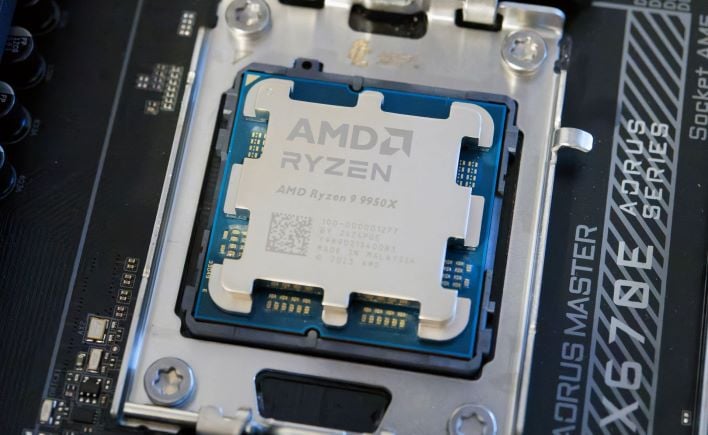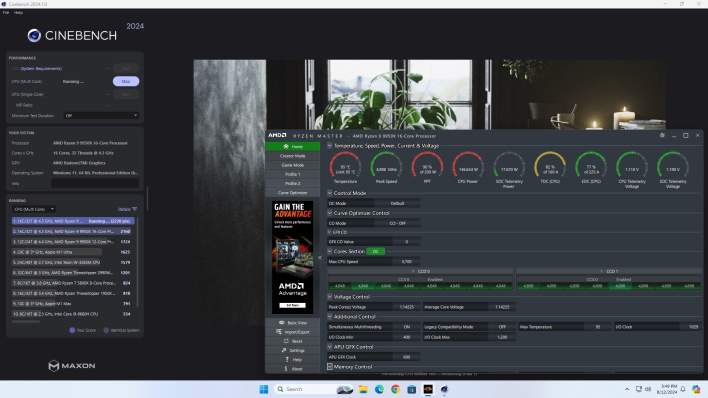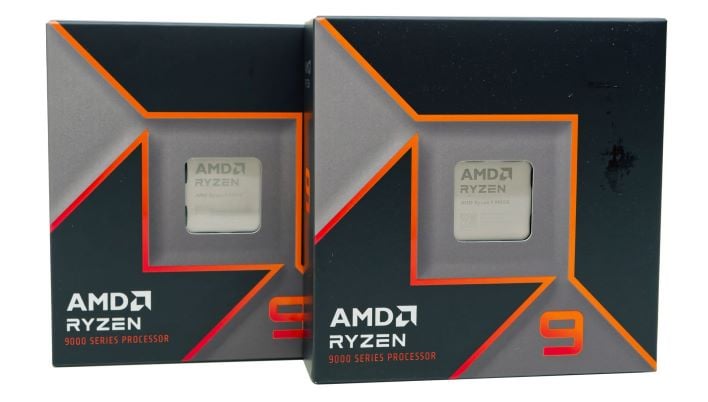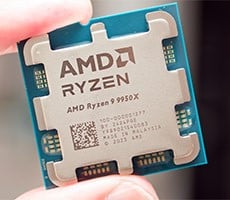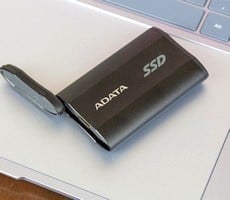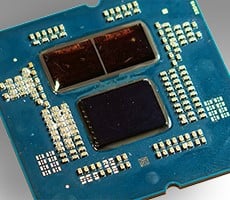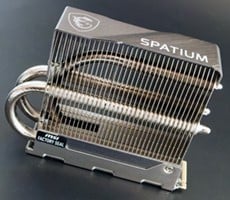Ryzen 9 9950X And 9900X Review: AMD’s Flagship Zen 5 Chips Tested
Since all Ryzen 9000 series processors are unlocked — just like previous-gen Ryzen desktop processors — manual overclocking is still only a matter of altering a few multipliers, tweaking voltages, and dealing with the additional heat and power requirements. These processors can be overclocked by adjusting base clock frequencies as well, so it's possible to really fine-tune the end result if you so choose, but the quickest and easiest gains will be come by tweaking multipliers or by using one of the "one-click" options in Ryzen Master.
A new Curve Shaper feature is also coming to Ryzen Master for Ryzen 9000 series processors. Curve Shaper builds upon Curve Optimizer by giving users the ability to selectively add or subtract from 15 different points on a matrix of frequency and temperature values. By doing so, users can further reduce voltages from bands that are stable or increase voltages when needed to minimize instability at higher frequencies. The "re-shaped" voltage/frequency curve will apply to all cores, and can be shifted by Curve Optimizer.
Overclocking AMD's Ryzen 9000 Series
We ultimately didn't have much luck overlocking the Ryzen 9 9950X. We used a mainstream Corsair AIO liquid cooler with the motherboard and processor installed in a basic NZXT mid-tower, with only a pair of intake and exhaust fans. Of course, more exotic cooling and lower temperatures will result in higher stable overclocks. Hardcore cooling is not an absolute necessity to achieve some performance gains with these Ryzen 9000 series processors, but you'll definitely need something beefy to make the effort worthwhile.To see what our particular chip could do, we tried the one-click overclocking modes available within Ryzen Master — PBO and AutoOC — and we experimented with Curve Optimizer. If you recall, PBO allows the processor to consume more power through the socket and exploit any additional current headroom available in motherboards with robust VRM configurations. AutoOC works similarly to PBO, but adds a small frequency boost override. Curve Optimizer will run through a systematic array of stability tests while experimenting with frequencies and voltages on each core, to fine tune performance for a specific CPU and motherboard combo.
Using PBO or AutoOC at stock memory speeds, we saw similar results, with small performance improvements in some tests. Since the system was hitting the processor's 95°C peak temperature threshold, there wasn't much reason to push and harder -- we're going to have to upgrade the systems cooler to see how much further the Ryzen 9 9950X can go.
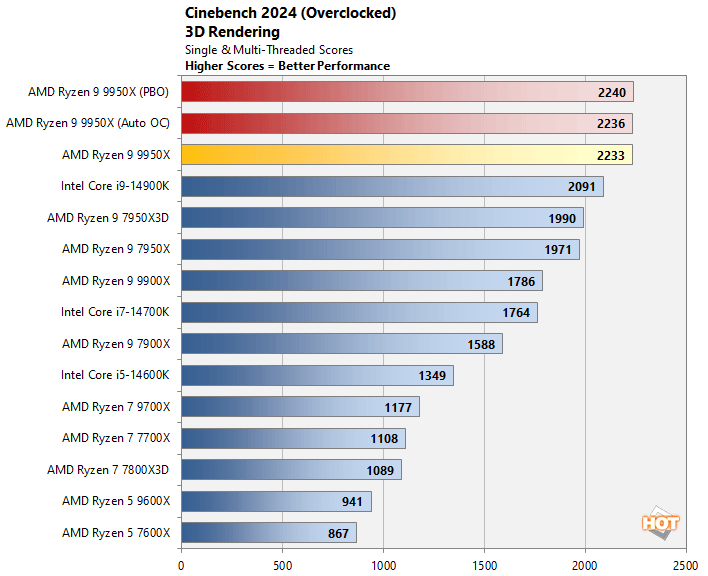
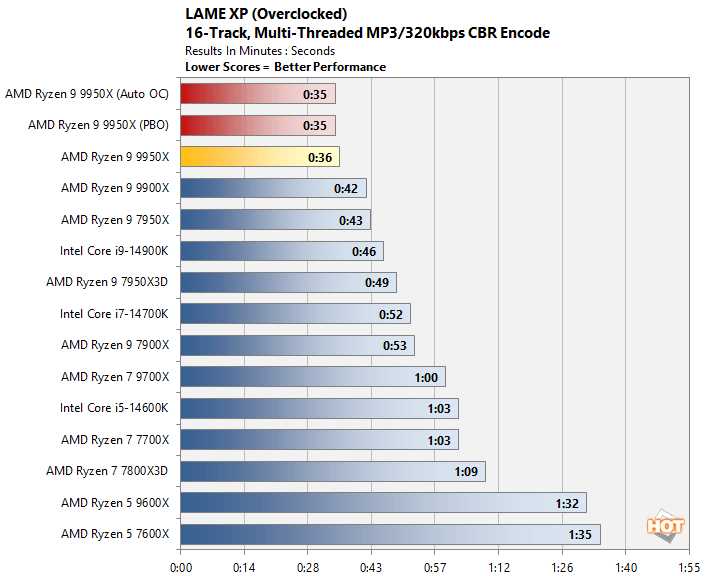
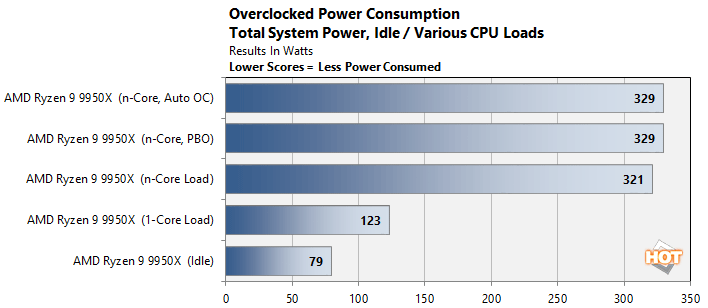
We also measured power while overclocking and saw some modest increases in peak consumption. Enabling PBO and AutoOC in Ryzen Master resulted in an approximate 8 watt increase in power consumption under a heavy multi-threaded workload. That's basically nothing and is indicative of the performance "increases" we saw in the test above.
Clock For Clock Comparisons




In this smattering of tests, AMD's IPC uplift claims ring true. The Z-Zip tests show a slight increase in performance, while POV-Ray is over 7% faster on Zen 5 and LAME MT audio encoding is over 17% faster.
AMD's Ryzen 9000 Series: Our Deep-Dive Review Verdict
Now that we’ve gotten to spend some time with the entire AMD Ryzen 9000 series launch line-up, and have tested Intel’s latest microcode updates for Raptor Lake, there’s quite a bit to unpack. Ultimately, Intel’s microcode updates don’t have a major impact on performance, so that’s mostly a non-issue in terms of benchmark accuracy. Warranty claims and long-term reliability are another discussion, though.Shifting focus to Zen 5, it is clearly superior to Zen 4, if we consider the entirety of our testing and benchmarks. The Zen 5 based Ryzen 9000 series processors outperform their previous-gen counterparts almost across the board and they do it with similar, or mostly lower power consumption. The 65w TDP Ryzen 5 9600X and Ryzen 7 9700X are the cooler running and more power-efficient processors in the line-up. The story isn’t quite as clear cut with the 120W TDP Ryzen 9 9900X and 170W TDP Ryzen 9 9950X, however. The Ryzen 9 9900X is typically faster than the 7900X, but at virtually the same power. The Ryzen 9 9950X is faster than the older 7950X across the board, but it also consumes more power. The efficiency story is still positive overall, but its not definitive with the higher-end Ryzen 9000 Series CPUs.
In terms of performance, the Ryzen 9 9900X and Ryzen 9 9950X are exceptionally strong with creator workloads, like video and audio encoding, and 3D rendering. They also offer great single-thread performance, which shows in the browser-based tests. With common productivity applications and gaming, however, they hang with some of the best processors out there, but ultimately don’t stand out and don’t offer large generational performance improvements, like the Ryzen 7000 series did versus Ryzen 5000. At least not with the games and applications we tested.
For most users with Intel Core 13th or 14th Gen Core or Ryzen 7000 series processors, the Ryzen 9000 series probably isn’t compelling enough to spur an upgrade, if you're running a comparable previous-gen chip. For owners of older systems, or if you're configuring a new system, however, AMD's new Ryzen 9000 series is currently the way to go. These chips are going to offer the best, or among the best, performance across the widest variety of workloads, and they do so with lower introductory pricing and usually lower power. If your sole concern is gaming though, Ryzen 7000X3D processors still represent the best value in our opinion. As such, we’re really eager to see what the AMD Ryzen 9000X3D Series will do. Something tells us AMD tweaked the TDPs on these standard Ryzen 9000 series processors to give themselves some additional wiggle room to differentiate the Ryzen 9000X3D series when it arrives, but we’re just speculating there.
All told, we like the Zen 5-based AMD Ryzen 9000 series. These CPUs are generally faster and more efficient then their predecessors, and they arrive at more affordable introductory prices as well. That’s all good stuff that ultimately is a win-win for consumers, though the Ryzen 9000 series doesn’t offer the kind of generational performance leaps we’ve been seen from AMD in the last couple of major processor releases.


